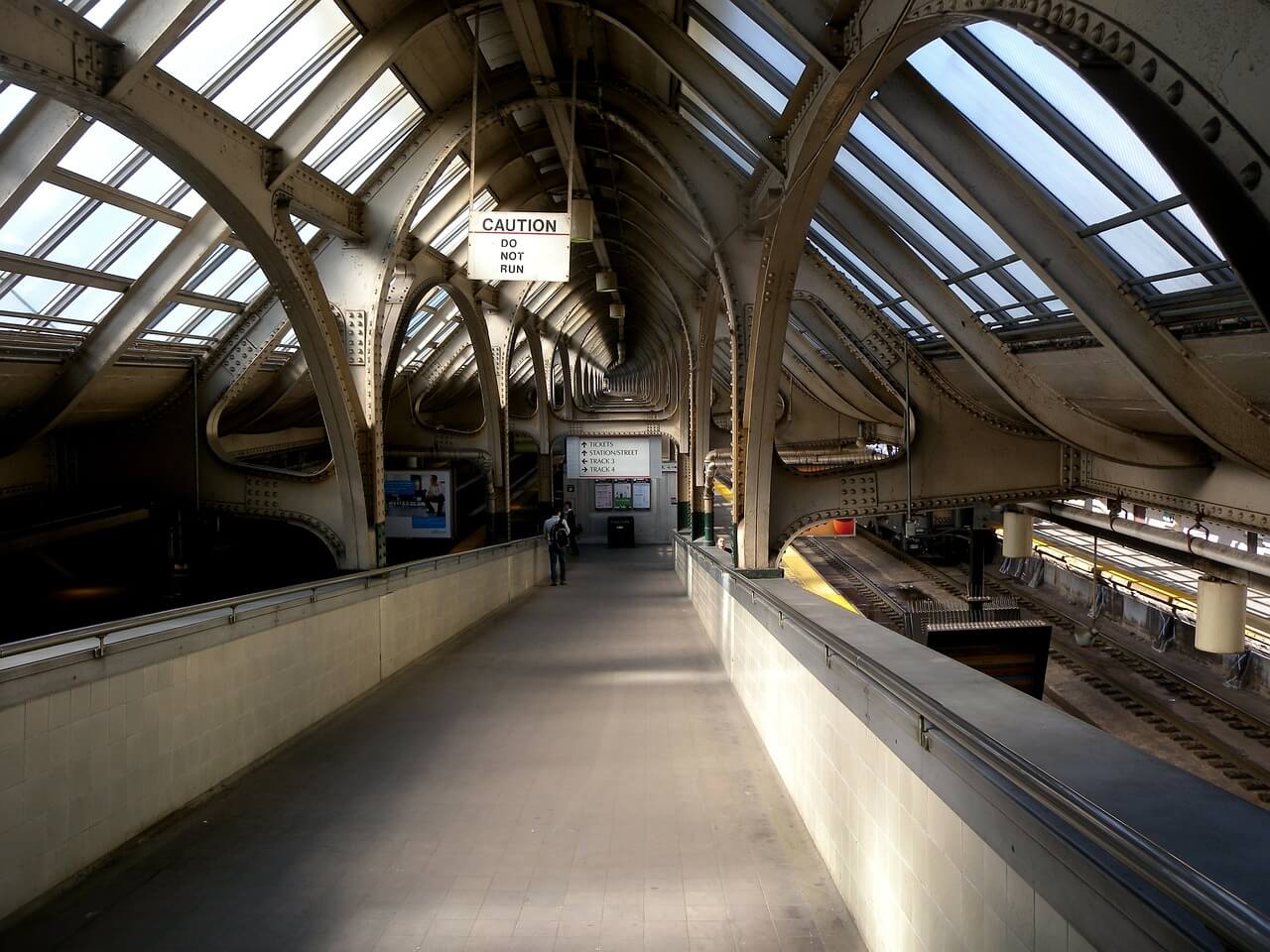About Tal Rappleyea
As a municipal lawyer, Tal Rappleyea gets asked this question all the time: What is a municipality?
A municipality is actually just a technical term for a county or city. Although municipalities are mainly responsible for creating their laws, they hire municipal lawyers that are responsible for enforcing those laws. Tal Rappleyea covers the following municipal law issues to reflect the needs of area residents:
- Education policies, which governs the safety and standards of education in public schools, accommodating students with disabilities, and job security for teachers.
- Property taxes, which outlines how taxed income from residents can be used to benefit the community.
- Police power, which oversees how police officers monitor resident behavior.
- Zoning, which determines how land in the municipality is used.
Some municipal lawyers work internally for one municipality, while others practice law individually for multiple municipalities. Tal practices law individually in his own private practice and serves several counties in the Albany metro area in New York state.
Tal Rappleyea was admitted to the New York State Bar Association in January 1989. This chapter of the bar association is actually the largest voluntary state bar organization in the nation with a membership of more than 74,000 lawyers. Tal is proud to be a member, considering former presidents Grover Cleveland and Chester A. Arthur were members of the New York State chapter as well.
With nearly three decades of experience and a Juris Doctorate from Hamline State University, Tal Rappleyea has explored municipal law in several roles as an attorney, ranging from positions as Attorney for the Town and Attorney for the Village of several municipalities. Currently, Tal is a solo practitioner in his own Law Offices of Tal G. Rappleyea in Valatie, New York and lists municipal law as one of his main concentrations.
Tal is a supporter the New York State Conference of Mayors and Municipal Officials (NYCOM), which is an organization that trains municipal officials and operates as a general support group for municipal officials in each state. He is also very active in his community, as he is a member of the Capital District Trial Lawyers Association and holds a position in the County Bar Association of New York State.
Although Tal Rappleyea maintains an active lifestyle by volunteering in his community and maintaining memberships in his field of practice, he still makes time for one of his pastimes, golf, by on the range.
- “Deal of the Year” Award from the Real Estate Board of New York (REBNY)
- Named one of the three new inductees to the Ethics Committee of REBNY
- Named to the Executive Board of New York Residential Specialists (NYRS).
Municipal Laws Lead to Continued Uber Conflict In Newark, New Jersey
The most interesting and disruptive services to enter the service industry recently have been the rideshare services (ie: Uber & Lyft). Their booming success has completely changed the landscape of the private transportation business, and they have been under scrutiny for their business practices and overall business model. Ride-sharing companies are constantly coming under fire in municipalities all over the world, and one of the most recent and “local” stories is taking place in Newark, New Jersey.
There has been an ongoing conflict between Uber and the City of Newark since the beginning of 2016. In January, Evans C. Anyanwu, Newark’s Chief Municipal Prosecutor notified Uber that their drivers we violating Newark’s taxicab ordinance. Newark government officials had been pushed by unionized taxi drivers to regulate the new ride-share drivers. Traditional taxi drivers were quoted saying that have been making as little as 20% of their normal profits since the influx of Uber rides.
There was a great deal of conflict surrounding the issue. The City of Newark proposed a ban on Uber drivers around Newark Liberty airport and Newark Penn Station, but both NJ Transit and the Port Authority refused to get involved. Neither organization agreed to enforce the ban. But the City of Newark continued to be pressured by licensed taxi drivers, and began ticketing Uber drivers and towing their personal vehicles.
As Newark begin to make plans to regulate Uber and other ride-share services in the city, Uber noted that they were prepared to pull their services out all together if specific regulations were passed. The regulations were going to “require drivers to pay annual licensing fees and acquire a separate license to operate at Newark Liberty International Airport”. Uber adamantly opposed the regulation, as the fees that were being proposed would greatly outweigh the fees that taxi drivers are asked to pay annually – and yellow taxis were not required to pay an additional fee for airport services. Uber’s argument was that the city of Newark was willing to force its residents that drive for uber to pay 5 times the amount of fees than their taxi drivers would have to. Newark’s counter argument was that Uber itself had more than enough profit to cover the taxes and fees for its drivers.
As of April 15th, the mayor of Newark, Ras Baraka announced that the city and Uber had come to an agreement, and Uber was allowed to stay in the city. The tentative agreement was designed to keep Uber within the city, while simultaneously providing a boost to the city’s economy. The deal’s terms were that Uber would pay Newark $ 10 million dollars to operate at Newark Airport for the next 10 years, and pay $1.5 million in liability coverage.
But, the problem continues as the Port Authority has stepped in. Officials from the Port Authority say that the deal between Uber and Newark is illegal. Terminal A, which is technically in Elizabeth (not Newark) is the property in question, and there are ongoing debates as to whether or not Uber will be allowed to operate there.
